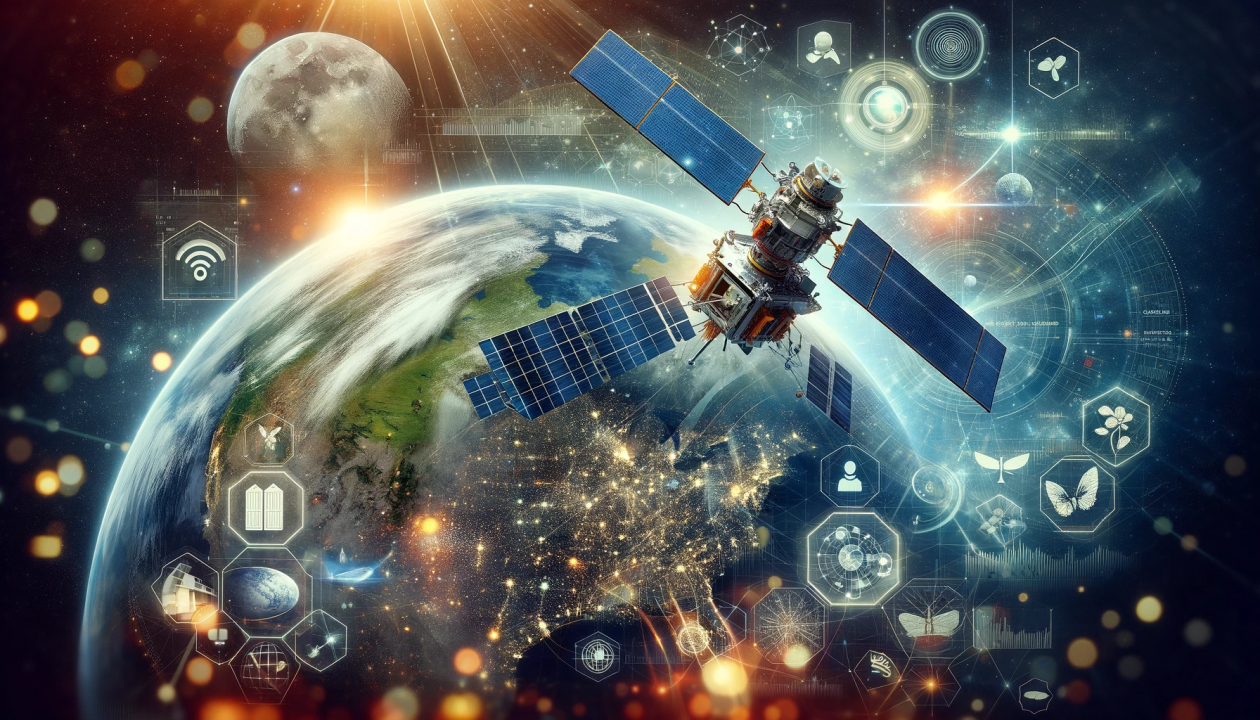Space technology has advanced rapidly in recent decades, enabling humans to explore the cosmos like never before. From powerful rockets to sophisticated spacecraft and cutting-edge telescopes, space technology has opened up new frontiers of scientific discovery and human achievement.
Key Areas of Space Technology
- Propulsion: Rockets and spacecraft require powerful propulsion systems to escape Earth’s gravity and travel through space. Chemical, electric, and nuclear propulsion technologies are being developed and refined.
- Spacecraft Design: Spacecraft must be designed to withstand the harsh conditions of space, including extreme temperatures, radiation, and microgravity. Advanced materials and engineering techniques are essential for building durable and reliable spacecraft.
- Communication: Spacecraft rely on advanced communication systems to send and receive data. Antennas, satellites, and ground stations play crucial roles in enabling communication with spacecraft.
- Life Support Systems: For manned spaceflight, life support systems are essential to provide astronauts with the necessary oxygen, water, food, and waste management. These systems must be designed to function in the unique environment of space.
- Robotics: Robotic spacecraft and rovers are used to explore distant planets and moons. These robots are equipped with advanced sensors and instruments to collect data and perform tasks that would be dangerous or impossible for humans.
- Telescopes: Telescopes, both ground-based and space-based, are essential for studying the universe. They allow astronomers to observe distant stars, galaxies, and other celestial objects.
Recent Advancements in Space Technology
- Reusable Rockets: Reusable rockets, such as those developed by SpaceX and Blue Origin, have significantly reduced the cost of spaceflight.
- Commercial Spaceflight: Private companies are offering commercial space tourism flights and developing plans for future space exploration ventures.
- Advanced Spacecraft: New spacecraft designs are being developed to explore distant planets and moons, including spacecraft that can land on icy bodies and search for signs of life.
- Giant Telescopes: Ground-based and space-based telescopes are becoming larger and more powerful, allowing astronomers to observe the universe in greater detail.
The Future of Space Technology
Space technology is a rapidly evolving field, and there is much potential for future advancements. Some of the exciting developments on the horizon include:
- Space Tourism: Commercial space tourism could become a reality, making space travel accessible to a wider audience.
- Asteroid Mining: Mining asteroids for valuable resources could be a lucrative industry in the future.
- Interstellar Travel: Breakthroughs in propulsion technology may one day enable interstellar travel, allowing humans to explore other star systems.
- Space Colonization: Establishing permanent human settlements on other planets or moons is a long-term goal of many space exploration programs.
Space technology is shaping the future of humanity and our exploration of the universe. As we continue to push the boundaries of what is possible, we can expect to see even more exciting advancements in this field.
